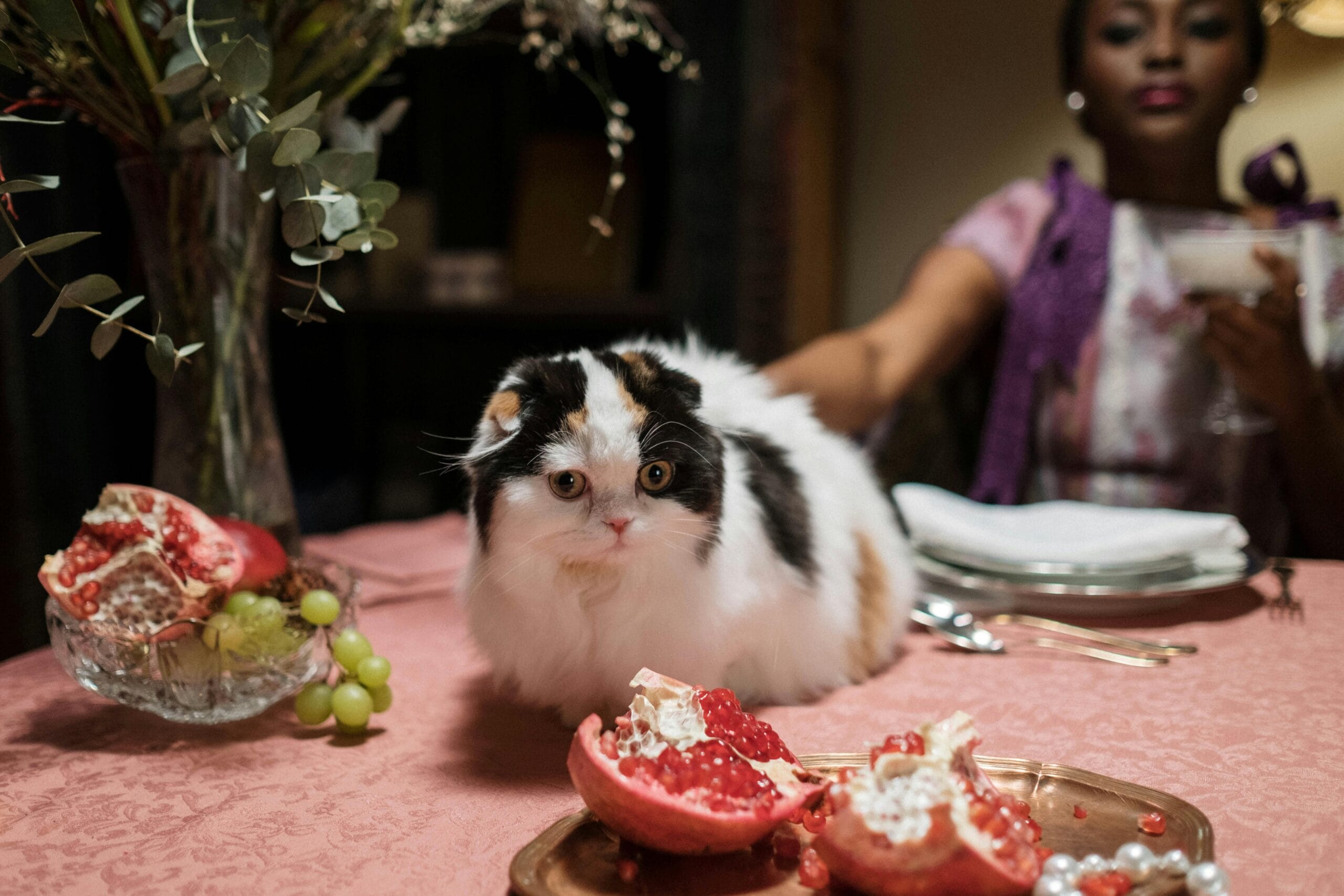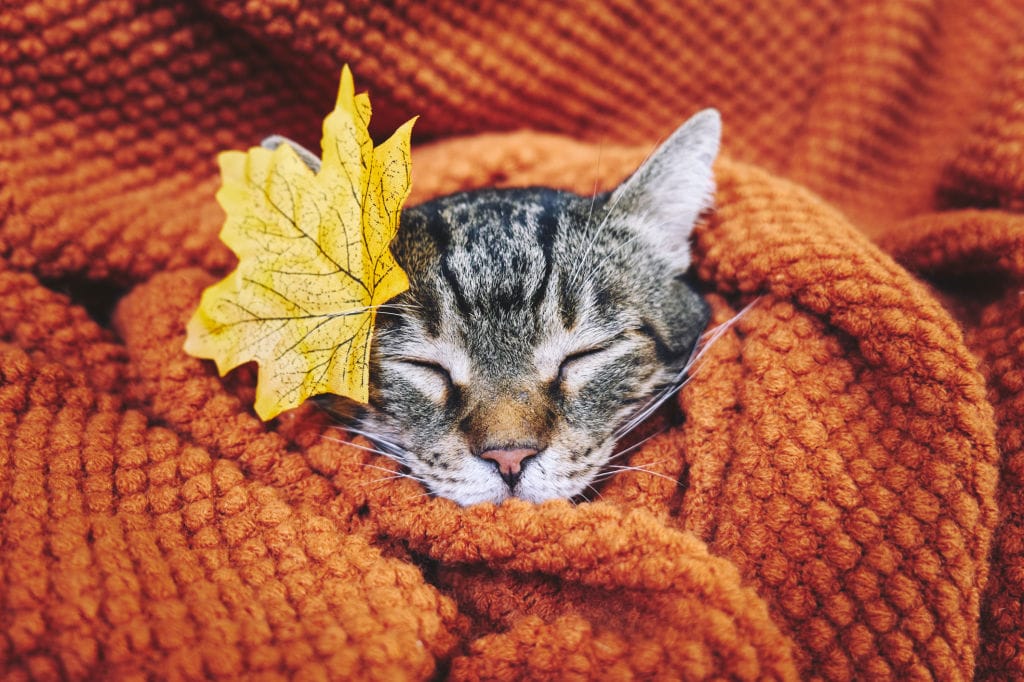Do Raccoons Eat Kittens? Discover the shocking truth about raccoon kitten predation. Learn if raccoons kill kittens and what dangers they pose. Find expert answers now! #RaccoonKittenPredation #DoRaccoonsKillKittens
Do Raccoons Eat Kittens? Understanding Raccoon Kitten Predation
The question, “Do raccoons eat kittens?” is a serious one for cat owners, particularly those living in areas with a high raccoon population. While the image of a fluffy raccoon might seem endearing, these opportunistic omnivores are capable of predatory behavior, and unfortunately, small kittens can fall victim. This article delves into the realities of raccoon kitten predation, examining the factors that contribute to attacks and offering advice on how to protect your feline companions.
Understanding Raccoon Behavior and Diet
Raccoons are highly adaptable animals with a diverse diet. Their opportunistic nature means they’ll consume almost anything they can find, including fruits, nuts, insects, rodents, and unfortunately, sometimes other animals. While not their primary food source, kittens, especially young and vulnerable ones, can become targets for hungry raccoons, especially if they are left unattended outdoors or have easy access to outdoor spaces.
It’s important to remember that raccoons are not inherently malicious. They are driven by survival instincts, seeking out the easiest and most readily available food sources. A kitten, especially a small, defenseless one, might be perceived as an easy meal, especially for a mother raccoon feeding her own young.
Factors Contributing to Raccoon Attacks on Kittens
Several factors can increase the risk of a raccoon attacking a kitten. These include:
- Access to outdoor spaces: Kittens left unsupervised outdoors, particularly at night, are significantly more vulnerable to raccoon attacks. Even secure-seeming enclosures can sometimes be breached by determined raccoons.
- Lack of supervision: Closely monitoring young kittens, especially during their most vulnerable stages, is critical to their safety. Adult cats may even unintentionally endanger their kittens through neglect.
- Availability of food: A lack of other food sources can drive raccoons to target more unusual prey, including kittens.
- Habitat overlap: If raccoons have easy access to your home or yard, the risk of encountering your kittens increases dramatically.
Do Raccoons Kill Kittens? The Severity of Attacks
The answer to “Do raccoons kill kittens?” is unfortunately, yes. While a raccoon might initially try to scavenge a dead or weakened kitten, they are also capable of killing a healthy kitten, particularly a very young one. The attack might be driven by hunger, or simply by the raccoon’s predatory instinct. The severity of the attack can vary, depending on the size and age of the kitten and the circumstances of the encounter.
It’s important to distinguish raccoon attacks from other potential threats. Sometimes, cat owners might worry about aggression within their own cat family. For instance, have you ever wondered if male cats would kill their kittens? You can find more information on this topic at this link: Will Male Cats Kill Kittens?. Similarly, do male cats eat kittens, and the reasons behind such behavior, are also important considerations. Even seemingly normal kitten interactions can sometimes turn aggressive; learn more about how to manage kitten biting and understanding feline communication like why cats hiss at kittens.
Protecting Your Kittens from Raccoon Attacks
Protecting your kittens from raccoon attacks requires a multifaceted approach:
- Secure outdoor spaces: Ensure all fences and enclosures are raccoon-proof, with no gaps or openings they can exploit. Solid doors and windows are essential, especially at night.
- Supervise kittens outdoors: Never leave kittens unattended outdoors, particularly at night or during periods of increased raccoon activity.
- Remove attractants: Eliminate sources of food that might draw raccoons to your yard, such as pet food left outside, overflowing garbage cans, or readily accessible bird feeders.
- Consider deterrents: Motion-activated lights, sprinklers, and noisemakers can help discourage raccoons from entering your property. There is also evidence from the Humane Society on effective ways to deter raccoons.
- Secure garbage: Invest in heavy-duty garbage cans with tightly fitting lids to prevent raccoons from getting into your trash.
Identifying Raccoon Attacks
If you suspect a raccoon has attacked your kitten, look for signs such as bite wounds, scratches, or other injuries. Young kittens can be particularly vulnerable, making it crucial to monitor them closely. If your kitten is injured, seek veterinary attention immediately. A quick response can greatly improve the chances of a full recovery.
The Role of a Mother Cat in Protection
Mother cats are typically protective of their kittens and will generally try to defend them from predators. However, depending on the size and aggression of the raccoon, a mother cat might not always be able to effectively protect her offspring. This highlights the importance of human intervention to create a safe environment for the kittens.
Understanding the Larger Ecosystem
While it is essential to protect your kittens from raccoon predation, it’s also important to remember that raccoons play a role in the ecosystem. Rather than resorting to inhumane methods of removal, focus on deterrents and habitat modification to minimize conflict. Learning about raccoon behavior and ecology from reputable sources like the National Wildlife Federation can help you better understand the dynamics between your pets and wildlife.
Legal and Ethical Considerations
It is crucial to handle any situation involving wildlife ethically and legally. In many areas, it’s illegal to harm or relocate raccoons without proper permits and professional assistance. If you are having problems with raccoons, consider contacting your local animal control or wildlife rehabilitation center for advice and assistance.
While rare, it’s crucial to be aware that the same predatory instincts that might lead to raccoon kitten predation, can also cause the death of kittens by other animals. Therefore, a vigilant approach toward pet safety is always necessary.
Preventing Future Incidents: Long-Term Strategies
Protecting your kittens from raccoons isn’t a one-time effort. It requires an ongoing commitment to creating and maintaining a safe environment for your pets. Regularly assess your home and yard for potential vulnerabilities and take preventative measures to minimize the risk of future encounters.
Have you had any experiences with raccoons and kittens? Share your stories in the comments below! Let’s learn from each other to better protect our feline friends from the dangers of raccoon kitten predation. Share your tips and advice on deterrents and preventative measures!

Frequently Asked Questions: Do Raccoons Eat Kittens?
- Q: Do raccoons eat kittens?
A: Yes, raccoons are opportunistic omnivores and will prey on small animals, including kittens, especially if they are unsupervised or vulnerable. Raccoon kitten predation is a real threat. - Q: Are raccoons a common threat to kittens?
A: While not the most common predator, raccoons can pose a significant threat, particularly to very young or unattended kittens. The risk increases if kittens are accessible outdoors. - Q: How do raccoons kill kittens?
A: Raccoons will typically attack vulnerable kittens, using their sharp teeth and claws. They might bite the kitten’s neck or head, causing fatal injuries. - Q: What size kittens are most at risk from raccoons?
A: Very young, small, and defenseless kittens are the most vulnerable to raccoon attacks. Older, larger kittens are less likely to become prey. - Q: Can raccoons kill adult cats?
A: While less common, a group of raccoons might attack an adult cat, especially if the cat is injured or sick. However, adult cats are generally better equipped to defend themselves. - Q: How can I protect my kittens from raccoons?
A: Keep kittens indoors, especially at night. Secure outdoor areas to prevent raccoon access. Remove potential attractants like pet food. - Q: What are the signs of a raccoon attack on a kitten?
A: Look for bite wounds, scratches, and other injuries. If you suspect an attack, seek veterinary attention immediately. - Q: Is Raccoon Kitten Predation a serious problem?
A: Yes, it can be. While not as prevalent as other threats, it is a potential danger for kittens, especially those with limited protection. - Q: Do raccoons only attack kittens at night?
A: While raccoons are primarily nocturnal, they might attack kittens during the day if given the opportunity. - Q: Do all raccoons kill kittens?
A: No, not all raccoons will attack kittens. However, their opportunistic nature and predatory instincts mean they pose a risk. Do Raccoons Kill Kittens is a relevant question to consider for pet owners.

Do Raccoons Eat Kittens? A Practical Guide
While the question “Do raccoons eat kittens?” might seem unusual, it’s important to consider the potential dangers wild animals pose to vulnerable pets. Raccoons, opportunistic omnivores, are known to prey on small animals. A very young, unattended kitten, especially one outside, could unfortunately become a target. Their small size and relative defenselessness make them easy prey. Protecting kittens from such threats is crucial for their safety and well-being. Consider the many reasons why cats might harm their own kittens; for example, sometimes mothers reject kittens due to stress or illness. You can read more about this at this helpful link: Do Cats Eat Their Kittens?
The risk of raccoon predation increases significantly if kittens are left unsupervised outdoors, particularly at night. Raccoons are nocturnal creatures, and a kitten venturing into an unsecured area could easily become a victim. Therefore, keeping kittens indoors, especially during their early vulnerable stages of life, is vital. Furthermore, understanding feline behavior is important. Sometimes, even the mother cat will not properly care for her young due to instinctual or stress-related reasons. For instance, a male cat might display aggression towards kittens; you can learn more about this behavior here: Will Male Cats Kill Kittens? or Do Male Cats Eat Kittens?
Practical Tips to Protect Kittens:
- Supervise kittens closely, especially when they are outside or near potential predators.
- Keep kittens indoors, particularly at night and when you are not directly supervising them.
- Secure your property to prevent raccoons from accessing your yard. This includes repairing holes in fences, securing garbage cans, and removing potential food sources that might attract raccoons.
- Consider using deterrents, such as motion-activated sprinklers or lights, to discourage raccoons from entering your property.
Health Considerations:
Beyond the immediate threat of predation, raccoons can carry diseases such as rabies and other parasites that could potentially harm kittens. A bite or scratch from a raccoon could lead to serious health complications. If your kitten shows any signs of aggression, such as biting, learn how to properly address these behaviors: How to Get Kitten to Stop Biting. Similarly, hissing is a form of feline communication that sometimes indicates fear or aggression. For more information on why cats hiss at kittens, you can consult this resource: Why Do Cats Hiss at Kittens?
In conclusion, while raccoons are not the most common kitten predators, the risk is real, especially for unprotected young kittens. Taking proactive measures to protect your kitten is crucial for its safety and well-being.
Do Raccoons Eat Kittens, Raccoon Kitten Predation, Do Raccoons Kill Kittens